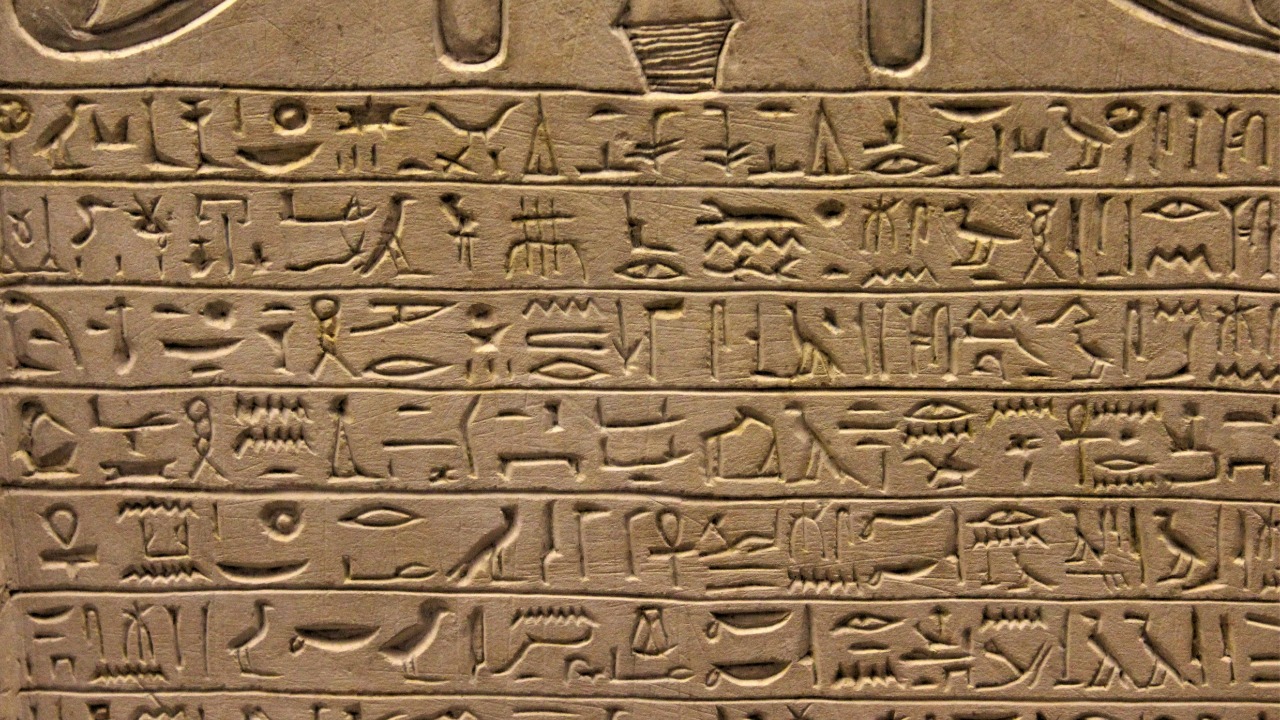
Throughout history, various figures have made predictions that seemed far-fetched at the time but have astonishingly come true in the modern era. From the prophecies of the blind Bulgarian mystic Baba Vanga to the technological forecasts of 1990s business magazines, these predictions have often mirrored real-world developments. Ancient texts and medieval seers have also foretold societal changes that align with today’s realities, providing a fascinating glimpse into the foresight of past generations.
Mystic Visions of 20th-Century Turmoil
Baba Vanga, a blind mystic from Bulgaria, made several predictions that have eerily come to pass, particularly in 2024. Her foresight included increased natural disasters and significant medical breakthroughs, which have indeed materialized, underscoring her reputation for prophetic accuracy. These events reflect her broader historical prophecies about global conflicts and environmental shifts that have unfolded over the decades. Her predictions, often dismissed as folklore, now appear to provide concrete parallels to contemporary crises, challenging skeptics who once viewed her visions as mere superstition. For more on her predictions, you can explore Baba Vanga’s 2024 predictions.
Beyond the immediate events of 2024, Baba Vanga’s prophecies have long hinted at broader global changes. Her visions of environmental upheaval and societal transformation resonate with current issues such as climate change and geopolitical tensions. These predictions, made decades ago, now serve as a reminder of the potential insights that can be gleaned from historical oracles. Her ability to foresee such events suggests a deeper understanding of the patterns that shape our world, offering a unique perspective on the challenges we face today.
Historical Prophecies on Societal Shifts
Throughout history, various predictions have emerged that astonishingly align with modern societal shifts. Ancient Roman augurs, for instance, foresaw the rise of democratic networks that resemble today’s internet, highlighting the foresight of past civilizations. These predictions, documented in historical records, demonstrate an understanding of societal evolution that continues to resonate in the digital age. To explore more about these historical insights, visit mind-blowing historical predictions.
Medieval texts also anticipated advancements such as air travel and its impact on global trade, showcasing the remarkable foresight of past scholars. These predictions, rooted in the visions of oracles and scholars from antiquity, align with modern trends in urbanization and communication. The ability of these historical figures to foresee such developments underscores the enduring relevance of their insights, offering valuable lessons for navigating the complexities of today’s interconnected world. For more on these eerie predictions, see eerie historical predictions.
Unexpected Tech Foretellings from the Past
The technological advancements of the modern era were also foreseen by early 20th-century inventors, whose visions of wireless communication devices closely mirror today’s smartphones. These predictions, once considered outlandish, have become integral to daily life, reflecting the prescience of those early innovators. The realization of these technological forecasts highlights the transformative power of human ingenuity and the enduring impact of visionary thinking. For more on these predictions, check out crazy predictions that came true.
In the 1990s, business magazines made predictions about pocket-sized computers and virtual meetings, which have since become commonplace. These forecasts, initially met with skepticism, have materialized in the form of smartphones and video conferencing tools, reshaping the way we communicate and work. The alignment of these predictions with today’s technological landscape underscores the importance of forward-thinking and the potential for past insights to inform future innovations. To delve deeper into these tech predictions, visit ridiculous tech predictions.
These technological predictions also find parallels in ancient analogs, such as Greek philosophers’ ideas of mechanical aids evolving into today’s AI assistants. The foresight of these early thinkers continues to inspire modern advancements, demonstrating the enduring relevance of historical insights in shaping the future of technology. By examining these predictions, we gain a greater appreciation for the visionary ideas that have driven progress and continue to influence the trajectory of technological development.
More from MorningOverview